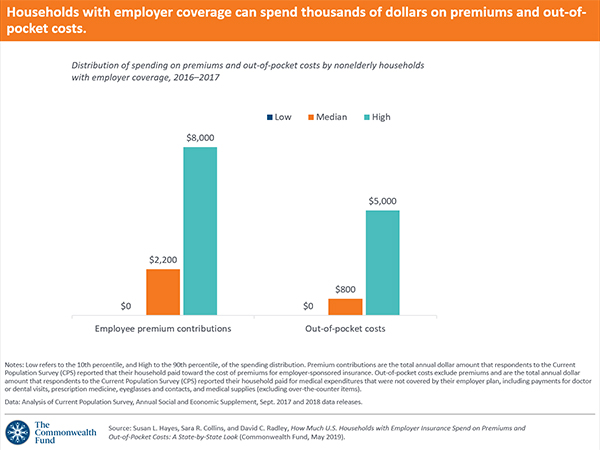Medicare beneficiaries pay substantially higher out-of-pocket (OOP) costs for specialty drugs than employer-sponsored insurance enrollees. Based on specialty drug class, average OOP spending for Medicare fee-for-service (FFS) enrollees was $108 to $1437 greater than spending by employer-sponsored insurance enrollees. Medicare Advantage beneficiaries had slightly higher OOP spending than FFS beneficiaries.
The pharmaceutical pipeline is moving toward more high-cost specialty drugs. From 2008 until 2017, CMS defined specialty drugs as those with a monthly cost greater than $600; beginning in 2017, the threshold became $670. These drugs are primarily biologics and biosimilars used to treat complex chronic conditions such as rheumatoid arthritis (RA), multiple sclerosis (MS), cancer, and hepatitis C. Patients with these conditions have few other clinical options, forcing them to pay high cost-sharing rates or forgo treatment.

Care for these diseases can begin around age 40 years and continue throughout life, making health insurance coverage likely to span across employer-sponsored insurance (ESI) and Medicare prescription drug (Part D) coverage. Few studies have examined whether the financial burden placed on patients who take specialty drugs differs among those with ESI, Medicare fee-for-service (FFS), and Medicare managed care (Medicare Advantage [MA]) drug coverage.
The benefit structure of Part D results in Medicare enrollees paying substantially higher OOP costs for specialty drugs than employer-sponsored insurance enrollees, primarily due to the absence of an OOP cap in Medicare and the donut hole. Given the policy and clinical concerns that high cost sharing may lead to nonadherence and financial burden, it is important to understand the levels of cost sharing across insurance types and the role that benefit design may play.
